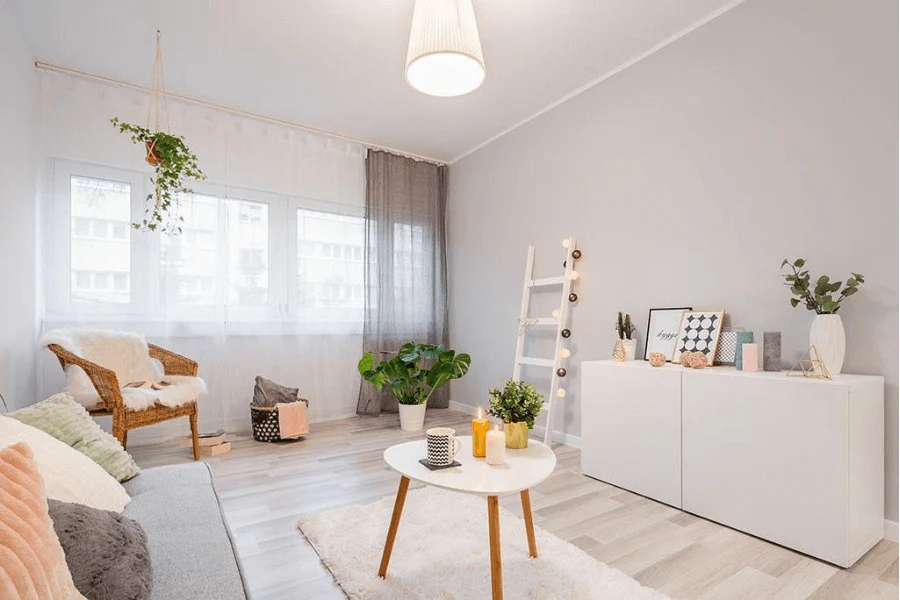Start Your Day with Intention
A balanced weekend starts with how you wake up. Instead of sleeping in excessively, try waking up at a reasonable hour so you don’t throw off your weekday rhythm. Begin with a short mindfulness practice such as deep breathing, journaling, or light stretching to set the tone for the day. This helps you transition out of a hectic work mindset and into a slower, more intentional state. Making a healthy breakfast and sipping it mindfully can boost your energy and mood for the rest of the day. By taking these small steps, you can create a sense of calm and control, rather than rushing into weekend tasks. Creating a peaceful morning routine ensures you feel refreshed and centered, setting you up to enjoy the rest of your time off fully.
Prioritize Rest and Recovery
The weekend should be a time for your mind and body to recharge. Schedule downtime just like you schedule meetings during the week. This can include reading a book, taking a mid-day nap, or practicing yoga to ease physical tension from the workweek. Avoid filling every minute with chores and errands — giving yourself space to relax is essential to prevent burnout. You might even try a digital detox by putting your phone away for a few hours. By prioritizing rest, you give your mind a chance to process the past week and prepare for the next. When Monday arrives, you’ll feel more motivated and less drained, ready to tackle your professional responsibilities with a renewed perspective.
Engage in Activities You Love
Weekends are the perfect time to reconnect with hobbies and passions that get pushed aside during the week. Whether it’s painting, cooking, hiking, or playing an instrument, these activities nourish your creativity and bring joy outside of work. They also provide an outlet to express yourself and relieve stress. If you don’t currently have a hobby, the weekend is an excellent opportunity to experiment and discover new interests. Doing something purely for pleasure, without pressure to achieve or perform, is deeply fulfilling. It reminds you that life is not only about productivity but also about enjoyment. Making space for hobbies helps maintain a healthy separation between work and personal life, which is key to long-term work-life balance.
Spend Quality Time with Loved Ones
One of the most rewarding ways to spend your weekend is connecting with the people who matter most. Whether it’s a family dinner, a coffee date with a friend, or a simple phone call to check in, quality time strengthens relationships and boosts emotional well-being. Shared experiences can help you feel supported and reduce feelings of isolation that sometimes come with busy work schedules. To make these moments meaningful, try to be fully present by minimizing distractions. Turn off work notifications and give your full attention to the conversation. Meaningful connections not only enhance your happiness but also remind you of your values and priorities outside of work.
Reflect and Prepare for the Week Ahead
Before the weekend ends, take some time to review the past week and plan for the upcoming one. This can be as simple as writing down what went well, what could improve, and setting two or three key priorities for the week ahead. Organizing your to-do list or meal planning can reduce weekday stress significantly. This reflection process helps you enter Monday with clarity instead of anxiety. You’ll start the week feeling proactive, not reactive, which makes it easier to maintain balance even during hectic days. Ending your weekend on a mindful note ensures you carry a sense of purpose and direction into the new workweek.




